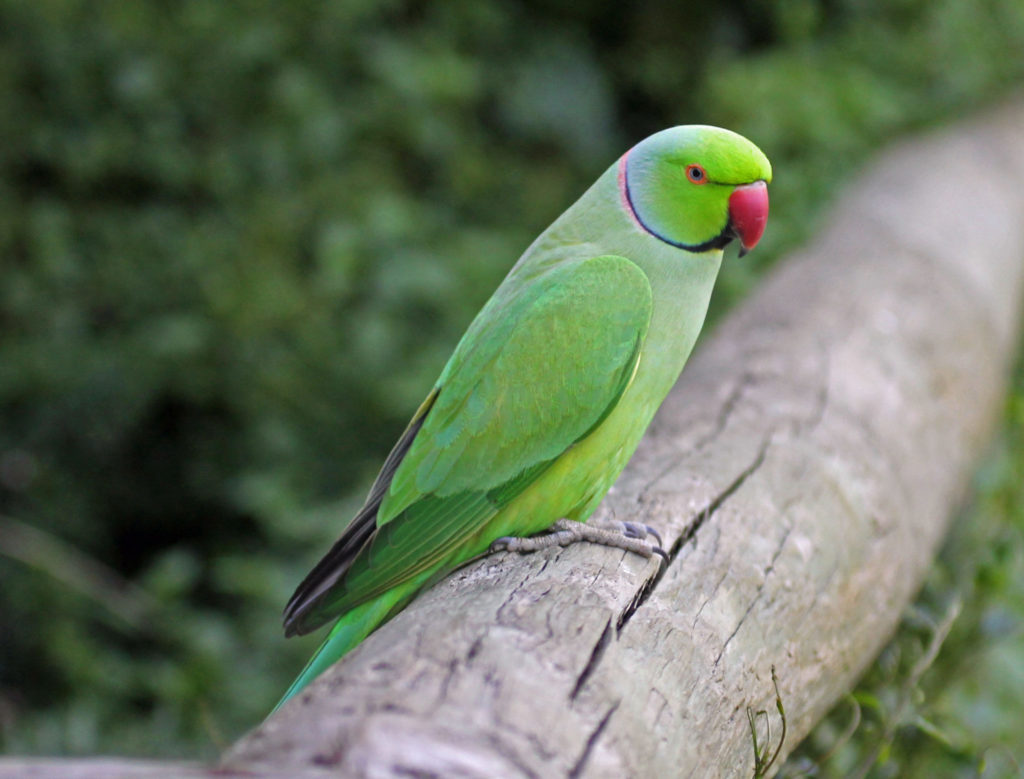
Although Great Britain has a rich and
diverse native wildlife, there are several species that would not be present
were it not for human interference. Some of these introduced species are
welcome additions, but others are much less so.
Parakeet – this bright green bird belongs
to south Asia and sub-Saharan Africa, but it can also thrive in temperate
climates such as that of western Europe (including southeast England where
large flocks have established themselves). The current population probably bred
from escaped cage-bird pets.
Muntjac – this small deer species was
introduced from Asia around 100 years ago, but individuals that escaped from a
wildlife park led to successful wild populations becoming established.
Mink -
these were introduced from America to be farmed for their expensive fur,
but escapees soon found their way to England’s rivers where they caused havoc
with populations of native animals such as water voles.
Grey squirrel – another American import
that has had a devastating impact on native wildlife, particularly the red
squirrel. The latter is now confined to a few isolated places in the British
Isles, leaving the greys as the only squirrels that most people ever see.
Red-necked wallaby – an escapee from
wildlife parks that has bred in the wild in places such as Scotland, Sussex and
the Peak District. Marsupials belong to Australia, not Great Britain!
Red-eared terrapin – this is an American
species of “water tortoise” that was brought from America to be sold by pet shops.
Unfortunately, they can give a nasty bite, and many owners thought they were
doing the right thing by releasing them into rivers and canals. Unfortunately,
they now attack native wildlife such as ducklings.
All in all, the import of non-native species
has not always been a good idea due to the unintended consequences when escaped
pairs create feral populations. It seems as though it is imports from the
Americas that have proved to be most problematic!
©John Welford
No comments:
Post a Comment